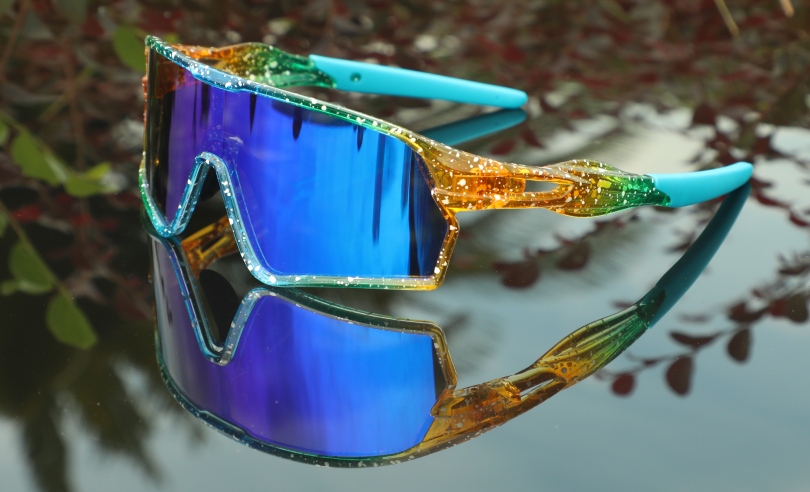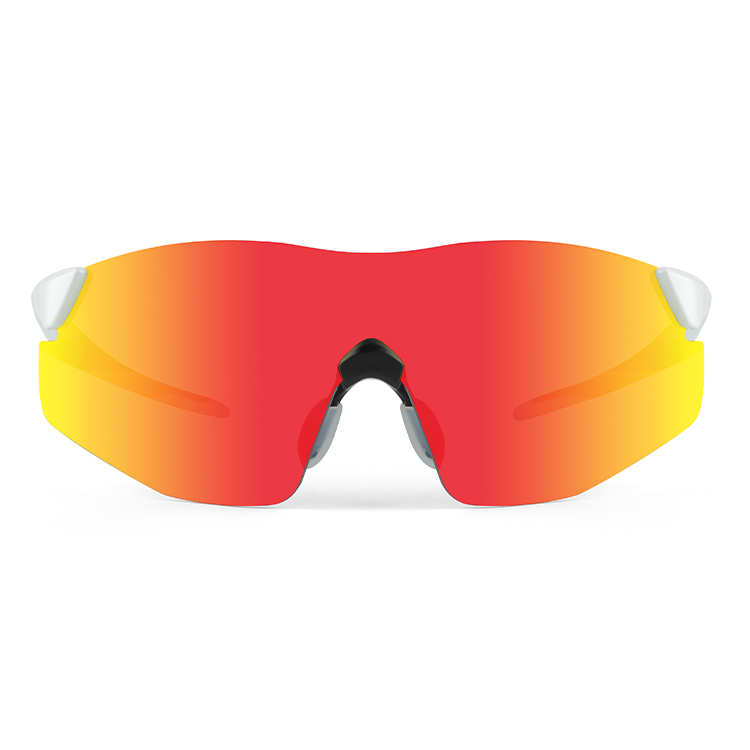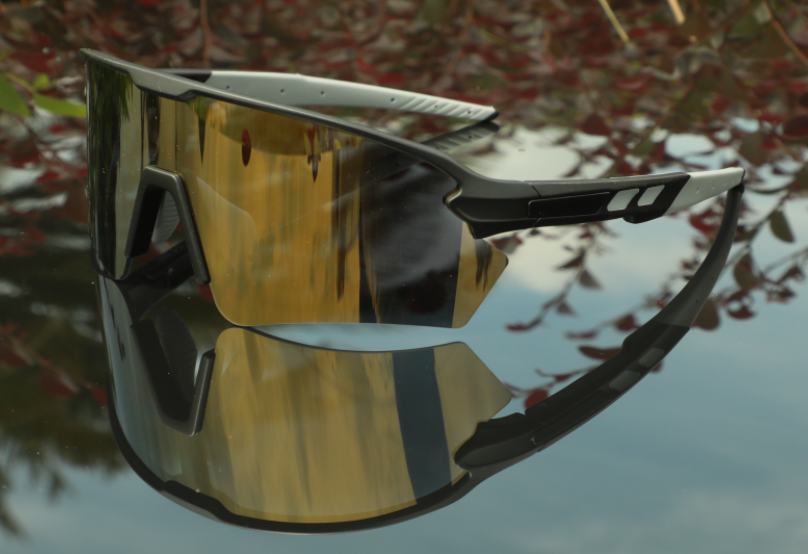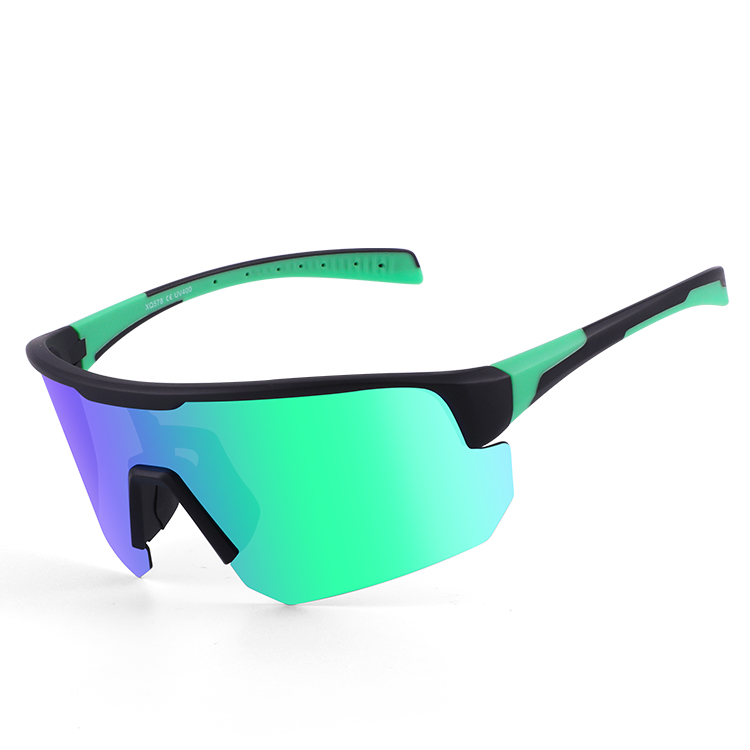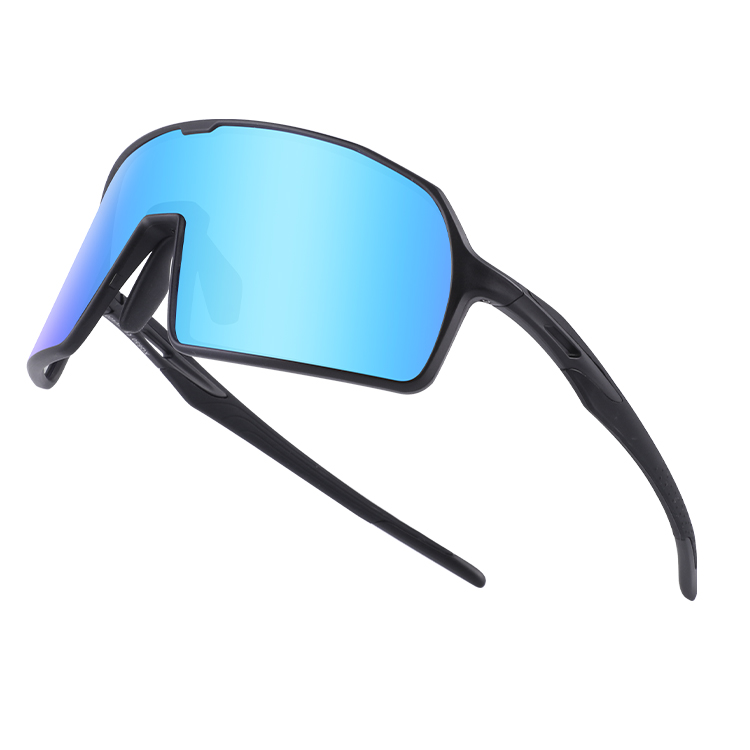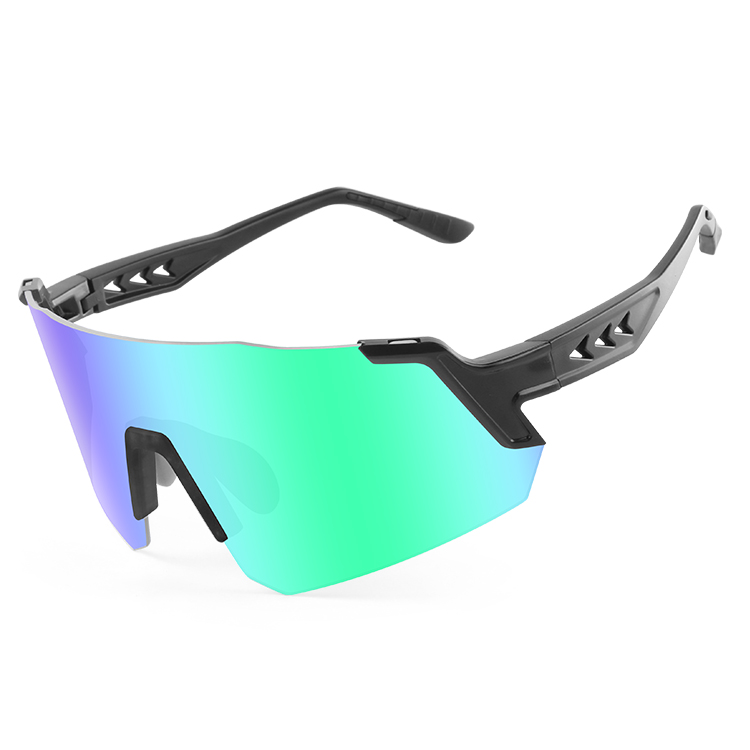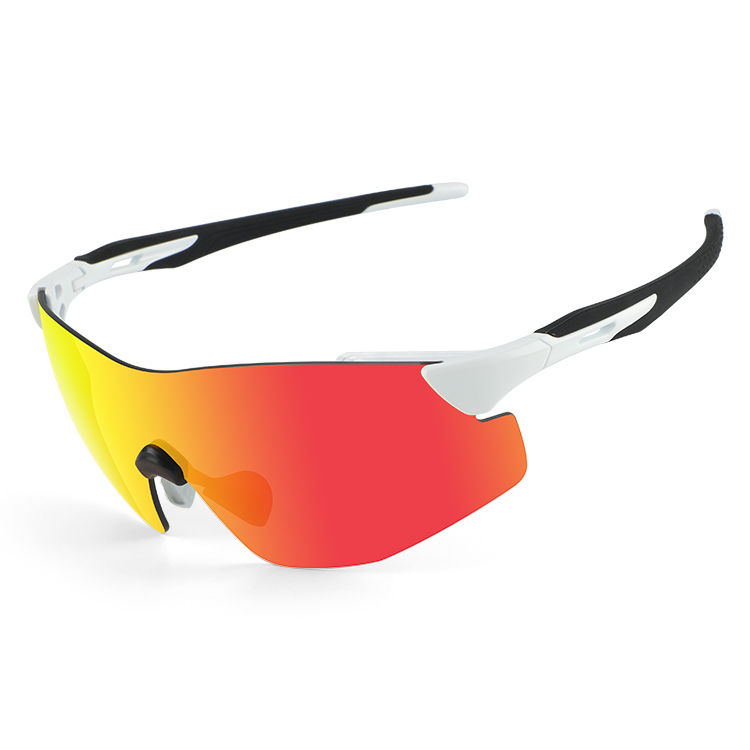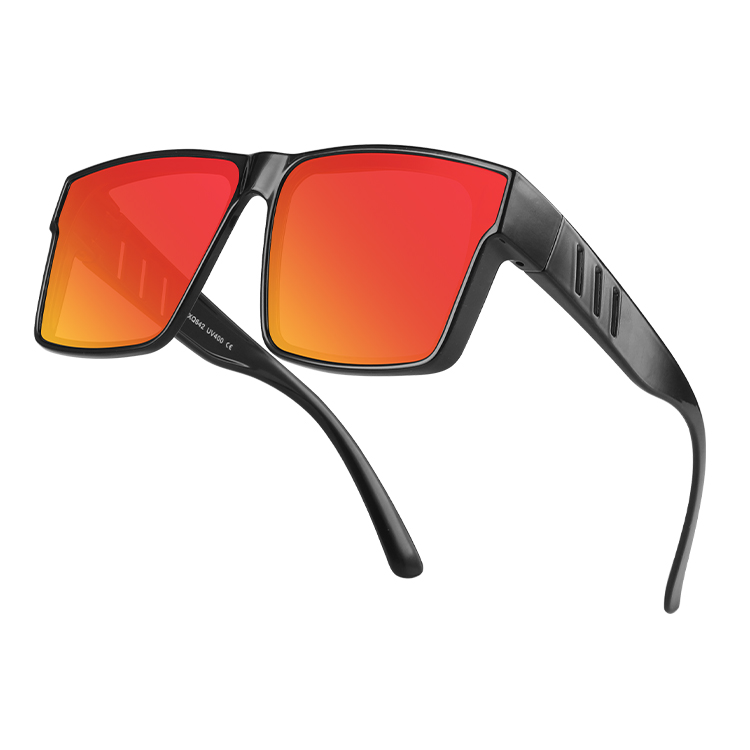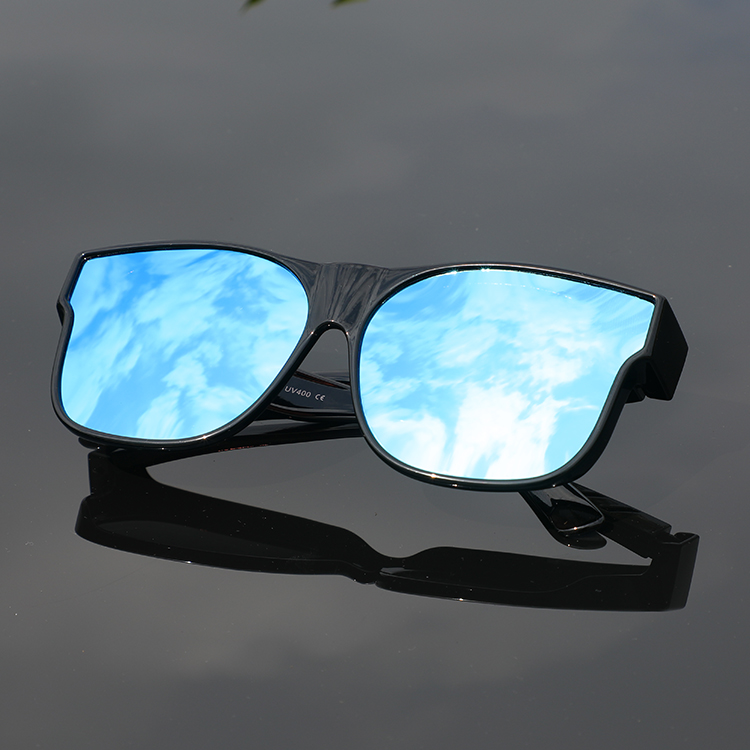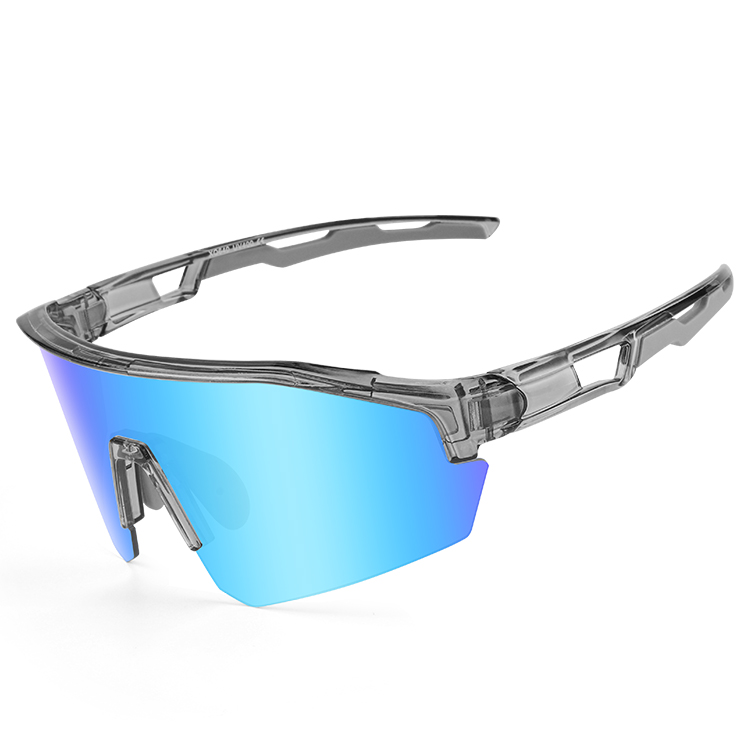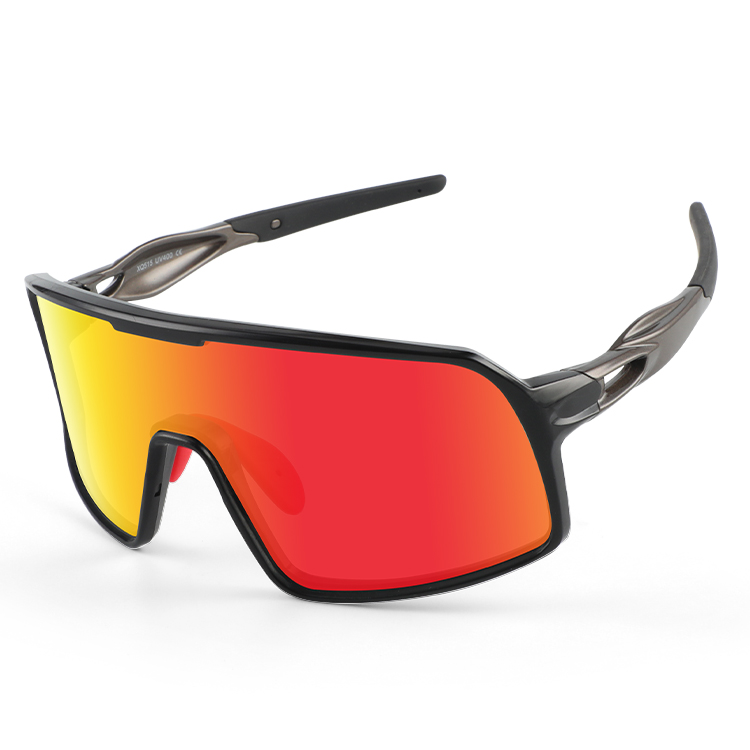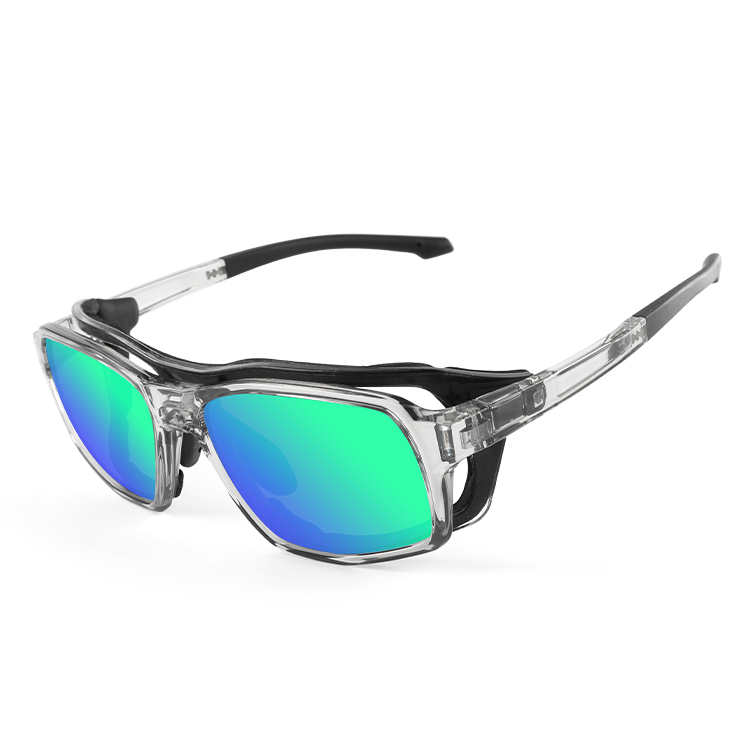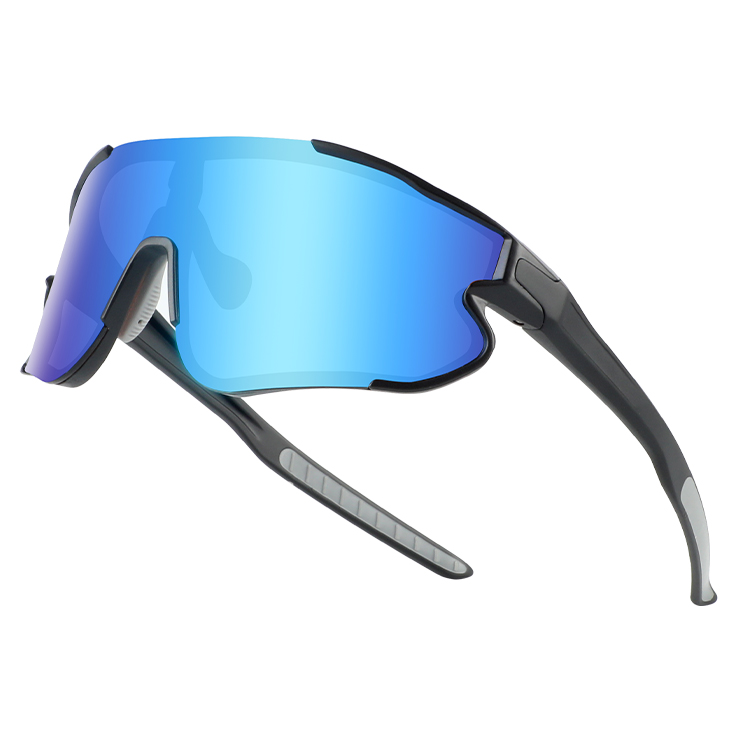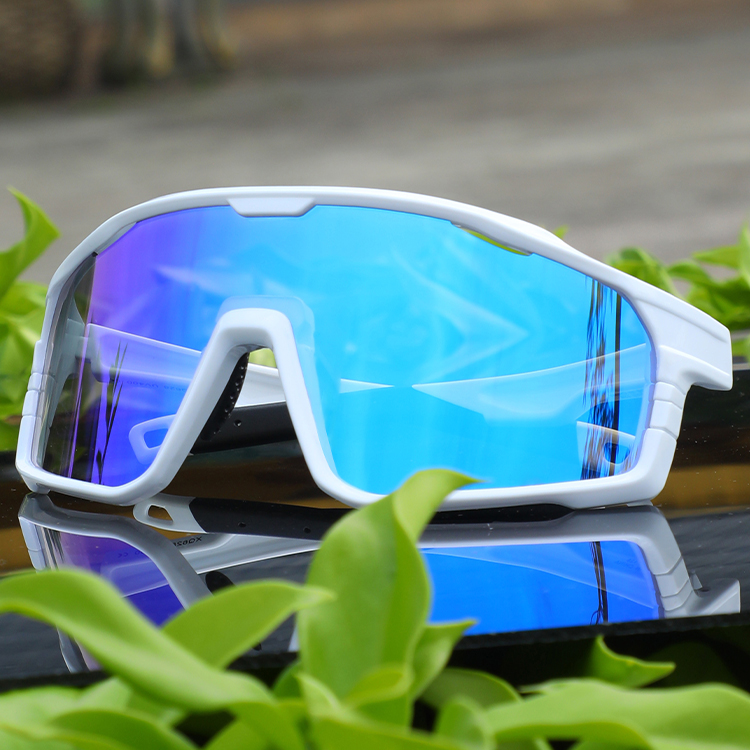For athletes across various disciplines, performance hinges on clear vision and the ability to react quickly to changing conditions. That’s where sunglasses become a crucial piece of equipment, and polarized sunglasses have emerged as a popular choice for many sports. But are they the right fit for every athlete? Let’s delve into the pros and cons of polarized lenses in sports.
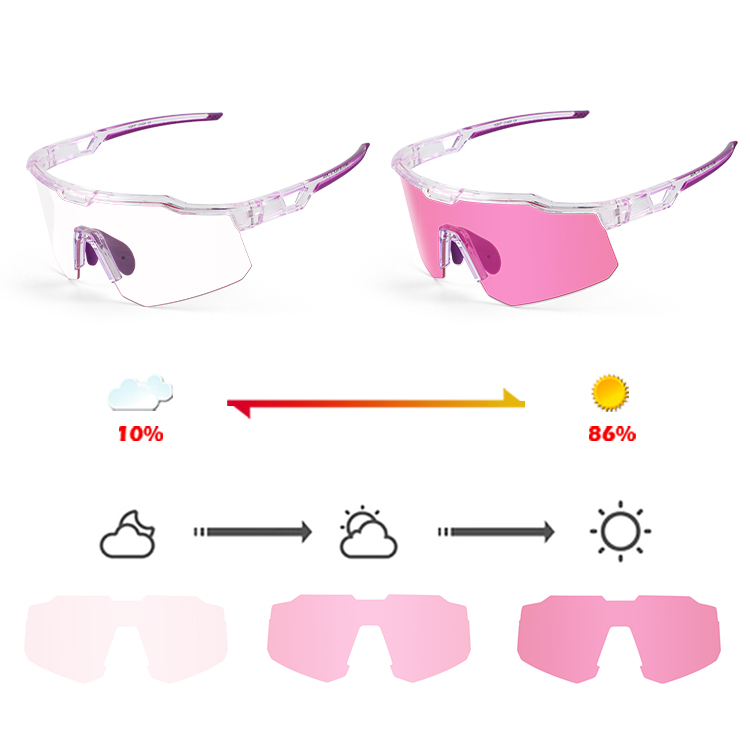
Advantages of Polarized Sunglasses:
Polarized lenses offer a significant advantage by filtering out scattered light. Sunlight, when reflected off water, snow, or even grass, bounces in multiple directions, creating glare. This glare can reduce visual clarity, create discomfort, and even distort colors. Polarized lenses contain a special filter that absorbs this scattered light, resulting in a sharper, more defined view.
Pros and Cons for Athletes:
For athletes, the advantages of polarized sunglasses can be significant:
Visual Clarity: Glare reduction provides a clearer view of the playing field, allowing for better tracking of balls, competitors, and subtle movements. This is particularly beneficial in sports like golf, where judging distance and spin on the ball is critical.
Reduced Eye Strain: Glare can cause eye fatigue, affecting focus and reaction times. Polarized lenses minimize eye strain, allowing athletes to maintain peak performance for longer periods.
Improved Comfort: Glare can be harsh on the eyes, leading to discomfort and squinting. Wearing polarized sunglasses provides a more comfortable viewing experience, allowing athletes to stay focused on the game.
Vivid Color Perception: By filtering out scattered light, polarized lenses enhance color perception. This can be beneficial in sports where recognizing subtle color variations is important, such as reading the green in golf or judging the ripeness of a ball in tennis.
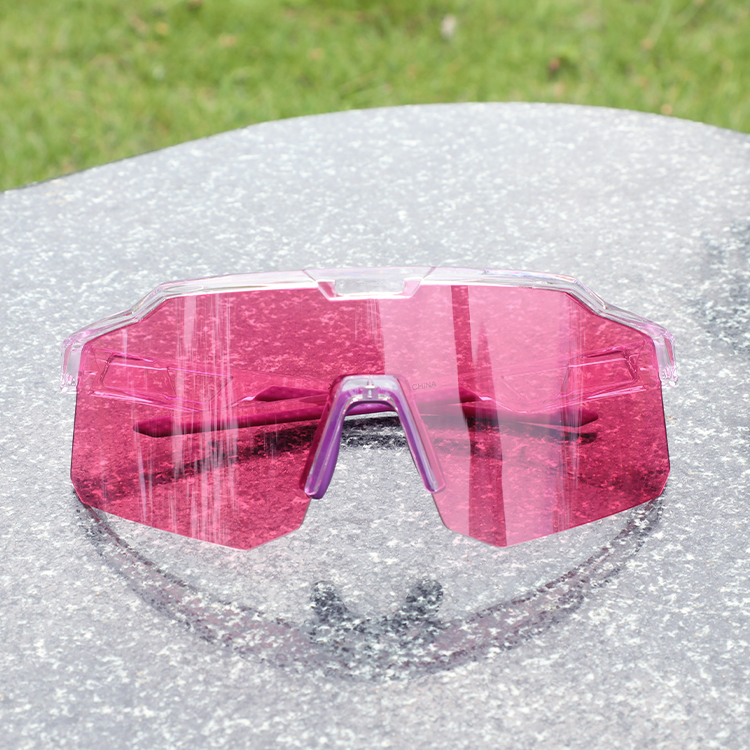
While polarized lenses offer many benefits, there are some factors athletes should consider:
Reduced Visibility on Digital Screens: Polarized lenses can slightly reduce the visibility of digital screens, such as GPS watches or golf rangefinders. This may be a minor inconvenience for some athletes.
Potential for Distorted Vision: In certain rare situations, particularly when viewing reflective surfaces at certain angles, polarized lenses may cause a slight rainbow effect or distortion. This is typically not a major issue but can be a concern for some athletes.
How to Make the Right Choice:
Ultimately, the decision of whether to wear polarized sunglasses for sports depends on the specific needs of the athlete and the environment they compete in. For many, the advantages in terms of clarity, comfort, and performance outweigh the minor drawbacks.
For athletes seeking the benefits of polarized lenses without a bulky frame, rimless options offer a sleek and stylish solution. These glasses prioritize functionality while maintaining a modern aesthetic, making them a popular choice for golfers and athletes in other sports.
Polarized lenses can be a valuable tool for athletes seeking enhanced visual clarity, reduced eye strain, and improved comfort. By weighing the advantages and disadvantages, and considering specific needs, athletes can make an informed decision on whether polarized sunglasses are the right fit for their chosen sport. Remember, consulting with an eye care professional can help find the perfect eyewear solution for your athletic pursuits.

